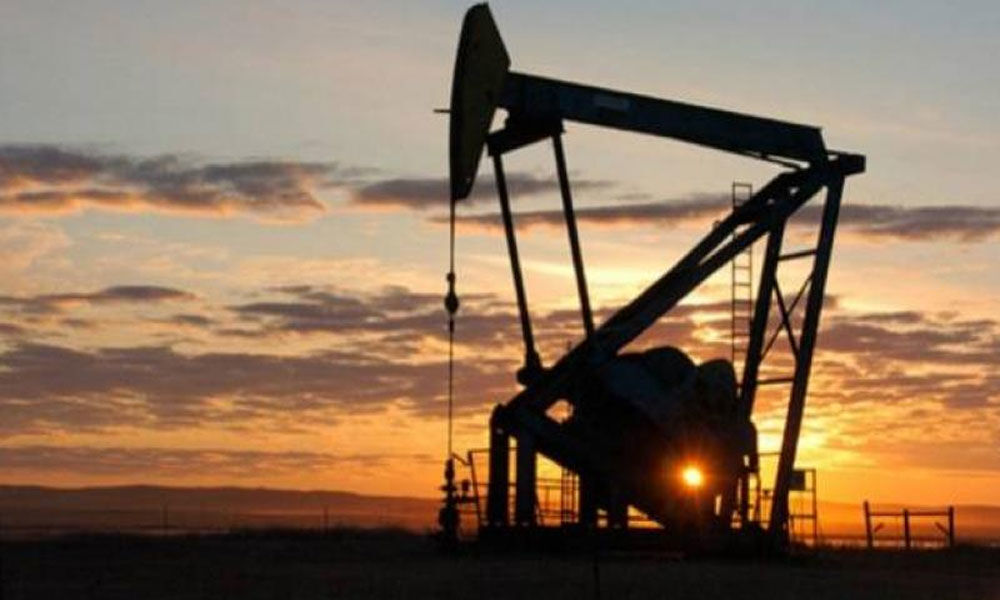Oil prices near 2019 highs amid OPEC supply cuts, US sanctions

Petroleum prices have been propped up by supply cuts by the OPEC and OPEC+.
Singapore: Oil prices on Friday hovered close to 2019 peaks reached the previous day, propped up by supply cuts led by producer club OPEC and by U.S. sanctions against Iran and Venezuela.
Brent crude oil futures were at USD 67.82 per barrel at 0122 GMT, down 4 cents from their last close but within a dollar of the USD 68.69 per barrel, 2019-high marked the day before.
US West Texas Intermediate (WTI) futures were at USD 60 per barrel, virtually unchanged from their last settlement and not far off their 2019 peak of USD 60.39 touched on Thursday.
Prices have been propped up by supply cuts by the Organization of the Petroleum Exporting Countries (OPEC) and non-affiliated allies such as Russia, often referred to as 'OPEC+'.
Despite a more than a quarter increase in crude prices this year, Canadian investment bank RBC Capital Markets said oil was "still below the fiscal breakeven level in a number of OPEC countries", meaning that many producers have an interest in further propping up the market.
"With the driver of the OPEC bus, Saudi Arabia, showing no signs of wavering in the face of renewed pressure from Washington, we believe that OPEC is likely to extend the deal for the duration of 2019 when they next assemble in Vienna in June," RBC said.
RBC said Russia was only a reluctant partner in the supply cuts, but would "ultimately opt to preserve the arrangement and retain a leadership role of a 21-nation group that accounts for around 45 per cent of global oil output".
Beyond OPEC and Russia's supply policy, oil prices have also been boosted by U.S. sanctions on OPEC-members Iran and Venezuela.
Iranian crude oil shipments have averaged only just over 1 million bpd in March, down from 1.3 million bpd in February and a 2018 peak of at least 2.5 million bpd in April, before the U.S. sanctions were announced.
Venezuelan crude oil production has also dwindled amid U.S. sanctions and an internal political and economic crisis, plunging from a high of more than 3 million bpd at the start of the century to not much more than 1 million bpd currently.








